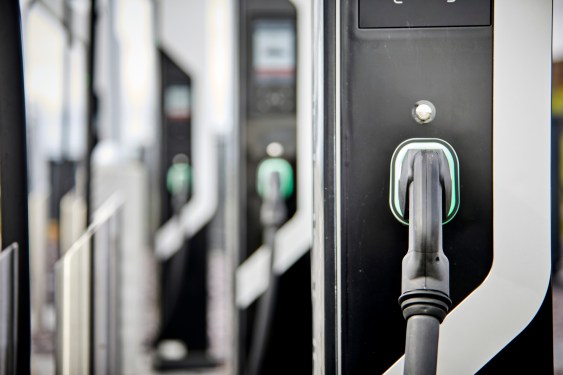The Electric Vehicle Fee Frenzy: States Impose Annual Levies on EV Owners
For over a century, states have taxed motorists at the pump. However, as electric vehicles (EVs) gain traction and begin to dominate roads, lawmakers are grappling with a new question: what happens when drivers stop refueling altogether? In response, more than a dozen states have imposed annual fees on EV owners, arguing that they should contribute to public infrastructure costs despite not consuming gasoline.
The Texas Example
Texas is poised to become the latest state to join this trend. The Texas Senate passed SB 505 in late March, and the state’s House has since cleared a similar bill, sending it to Governor Greg Abbott’s desk for signature. The legislation outlines a $200 yearly registration fee for electric vehicles, with exceptions carved out for slow "Neighborhood Electric Vehicles," autocycles, mopeds, and motorcycles. According to the bill, the resulting fees must be deposited into the state highway fund.
A High-End Fee
Texas’s proposed $200 fee is on the higher end of the spectrum. Only Georgia matches this amount, while Colorado has the lowest EV fee (excluding states with no fees), at $50 per year. Environment Texas director Luke Metzger spoke out against the bill, arguing that the $200 fee is punitive and will deter Texans from purchasing clean vehicles critical to reducing air pollution in the state.
Electric Vehicle Affordability
Despite growing demand for electric cars, they remain unaffordable for many Americans. According to data from Cox Automotive, as of September 2022, the average price for EVs sat at $65,291, compared to $48,094 for gasoline-powered vehicles. This affordability gap will only widen if states continue to impose exorbitant fees on EV owners.
The Debate Continues
As states grapple with how to fund public infrastructure, policymakers must weigh the costs and benefits of imposing annual levies on electric vehicle owners. While proponents argue that EVs still rely on public roads and should contribute accordingly, opponents claim that such fees will deter adoption and exacerbate existing affordability issues.
The Impact on Climate Change
Climate change mitigation efforts depend heavily on widespread adoption of electric vehicles. As the transportation sector is one of the largest contributors to greenhouse gas emissions, states must prioritize policies that incentivize EV ownership rather than discouraging it through punitive fees. By doing so, policymakers can help reduce air pollution and promote sustainable transportation options.
A Shift in Transportation
As more drivers opt for electric vehicles, state lawmakers must adapt their policies to reflect this shift. Rather than imposing fees, governments could explore innovative solutions such as:
- Reinvesting registration fees: Allocate a portion of the collected fees back into EV-specific infrastructure development or incentives.
- Implementing low-income EV programs: Offer discounted registration fees or other benefits to low-income households seeking to transition to electric vehicles.
- Promoting public-private partnerships: Collaborate with private companies to develop EV charging infrastructure, reducing the financial burden on taxpayers.
Conclusion
As states navigate the implications of widespread electric vehicle adoption, policymakers must prioritize policies that balance competing interests and promote sustainable transportation options. By adopting innovative solutions and rethinking traditional approaches, governments can foster a cleaner, healthier environment for all citizens.
Related Reading:
- "The Rise of Electric Vehicles: How States Can Adapt to a Changing Transportation Landscape"
- "Electric Vehicle Adoption: Challenges and Opportunities for State Policymakers"
- "From Gas Guzzlers to Clean Rides: The Future of Transportation in the United States"
